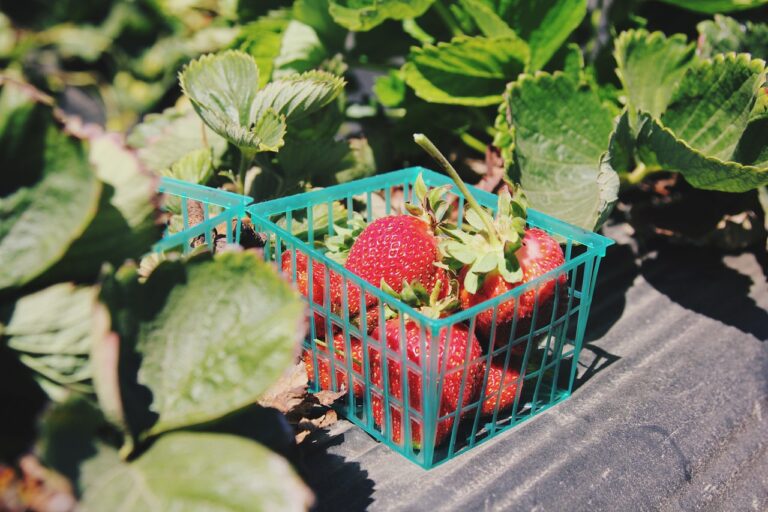The Impact of Cultural Trends on Grocery Retail: 99exch.com login, Laser247. Com, Yolo247 login
99exch.com login, laser247. com, yolo247 login: The Impact of Cultural Trends on Grocery Retail
In the world of retail, understanding cultural trends is crucial for success. This is especially true in the grocery industry, where consumer preferences and behaviors are constantly evolving. From changing dietary habits to the rise of online shopping, cultural trends have a significant impact on how groceries are bought and sold.
In this article, we will explore the ways in which cultural trends influence the grocery retail sector. We’ll take a closer look at how factors such as health and wellness, sustainability, convenience, and technology are shaping the future of grocery shopping.
The Rise of Health and Wellness
One of the most significant cultural trends impacting grocery retail is the increased focus on health and wellness. Today, more consumers are paying attention to what they eat, seeking out products that are organic, non-GMO, and free from artificial ingredients. As a result, grocery stores are stocking their shelves with a wider variety of healthy options, including fresh produce, whole grains, and plant-based alternatives.
Consumers are also looking for transparency when it comes to the food they buy, wanting to know where their food comes from and how it was produced. This has led to an increase in demand for locally sourced and sustainably produced foods, as well as a greater emphasis on food labeling and certification programs.
The Sustainability Movement
Another cultural trend that is having a significant impact on the grocery retail industry is the growing focus on sustainability. As concerns about climate change and environmental degradation continue to rise, consumers are seeking out products that are environmentally friendly and ethically produced. This has led to a rise in demand for products that are packaged in recyclable materials, as well as an increase in the availability of organic and fair trade options.
Grocery stores are also responding to this trend by implementing initiatives to reduce food waste and carbon emissions, as well as to support local farmers and suppliers. Many retailers are now offering reusable shopping bags, encouraging customers to bring their own containers for bulk items, and investing in renewable energy sources.
The Demand for Convenience
In today’s fast-paced world, convenience is king. Consumers are looking for ways to make their lives easier, including when it comes to grocery shopping. This has led to a rise in online grocery shopping, as well as the popularity of meal kits and delivery services. Many retailers are now offering a range of convenient options for busy shoppers, including online ordering, curbside pickup, and home delivery.
Technology’s Role in Grocery Retail
Technology is also playing a significant role in shaping the future of grocery retail. From online shopping platforms to digital payment methods, technology is transforming the way we buy groceries. Many retailers are now offering online ordering and delivery services, as well as implementing digital payment options such as mobile wallets and contactless payments.
Technology is also being used to enhance the shopping experience in-store, with many retailers implementing features such as self-checkout kiosks, digital signage, and mobile apps. These innovations are designed to make shopping more convenient and efficient for consumers, as well as to collect data on consumer behavior and preferences.
The Future of Grocery Retail
As cultural trends continue to evolve, the grocery retail industry will need to adapt to meet the changing needs and preferences of consumers. By staying attuned to trends in health and wellness, sustainability, convenience, and technology, retailers can position themselves for success in the future.
FAQs
Q: How are cultural trends impacting the grocery retail industry?
A: Cultural trends such as health and wellness, sustainability, convenience, and technology are shaping the future of grocery shopping, influencing everything from product offerings to shopping experiences.
Q: What can grocery retailers do to stay ahead of cultural trends?
A: Retailers can stay ahead of cultural trends by staying informed about consumer preferences, implementing sustainable practices, offering convenient shopping options, and leveraging technology to enhance the shopping experience.
Q: What are some examples of how grocery retailers are responding to cultural trends?
A: Grocery retailers are responding to cultural trends by offering a wider variety of healthy options, sourcing products sustainably, providing convenient shopping options, and implementing technology-driven innovations in-store.







